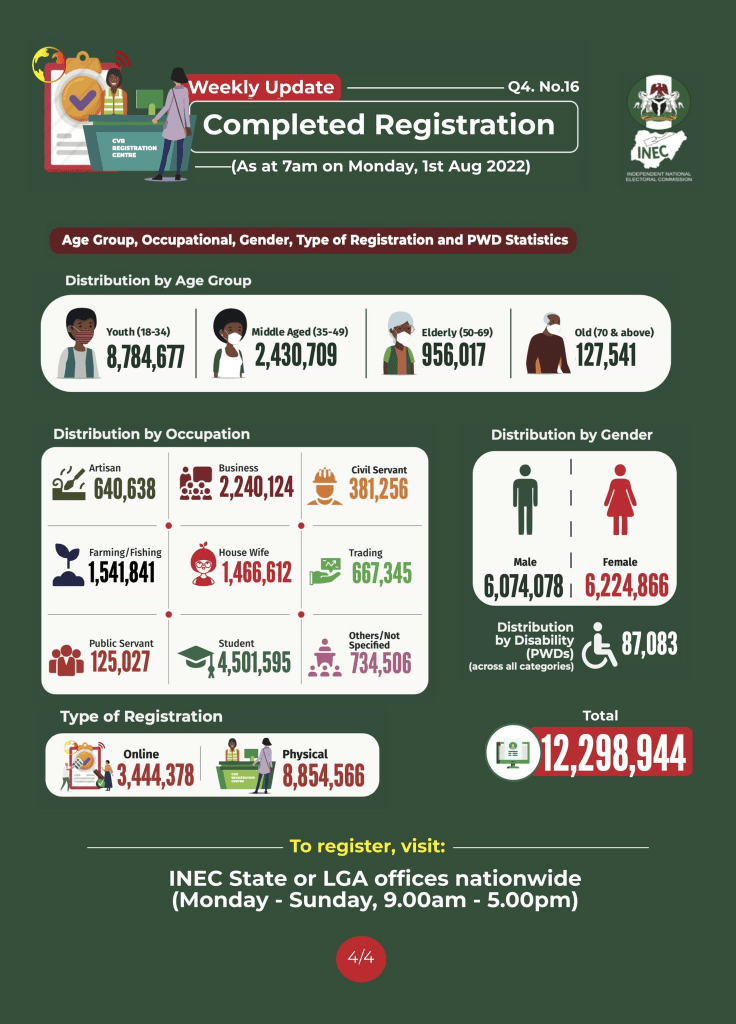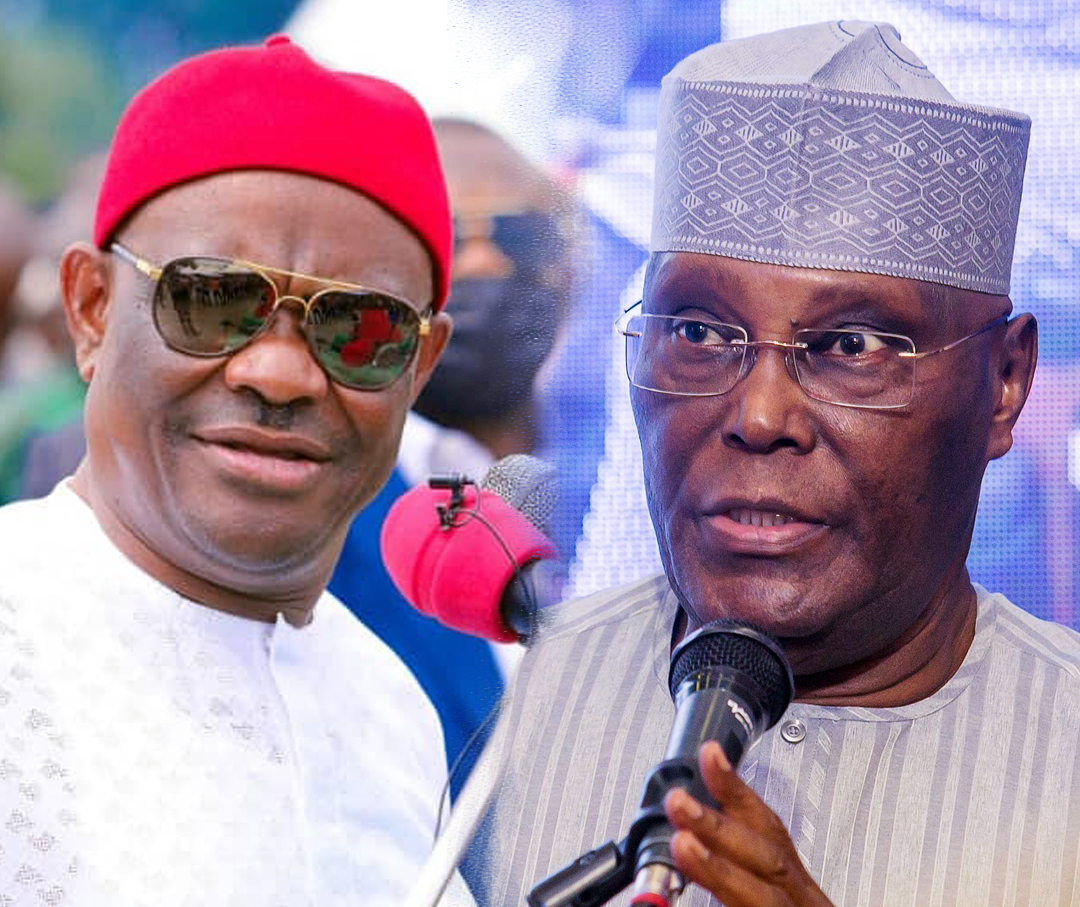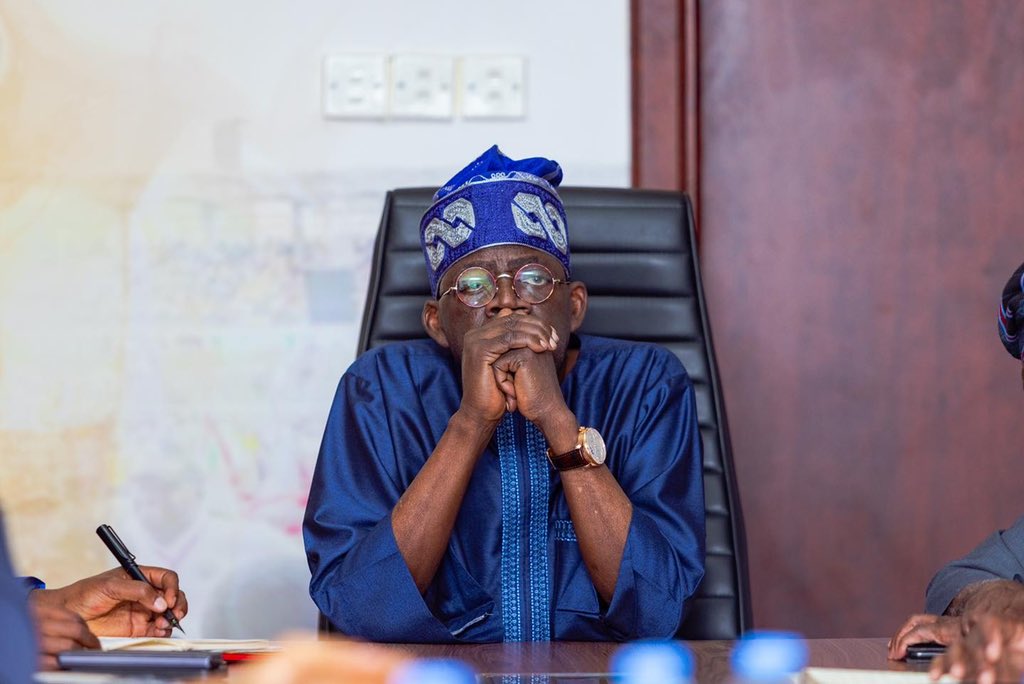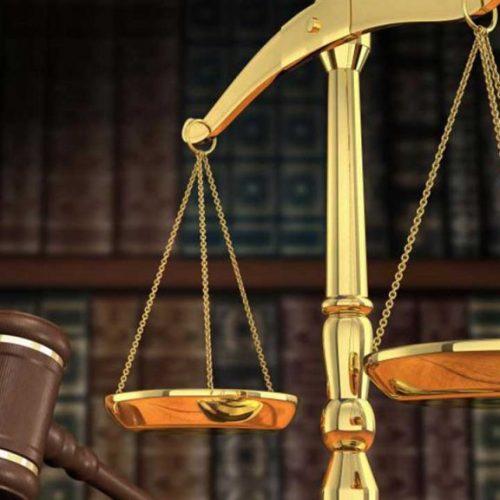Over 96 million Nigerians have registered in next year’s general elections.
Reading Time: 6 mins read
The Independent National Electoral Commission (INEC) suspended the continuous voters’ registration (CVR) exercise last week after over 12 million new voters registered since the window opened on 28 June 2020. This figure took the electoral register for next year’s general election to 96 million voters, although the latest data is subject to cleaning through verification by INEC.
Over 70 per cent of the new registrants are young Nigerians in the age brackets of 18-35 years, according to the breakdown released by INEC. This is no surprise, given that the exercise is essentially targeted at Nigerians who attained the voting age of 18 years since the last general Election in 2019. It is not an indication of new enthusiasm for the electoral process among the youths, although that enthusiasm may be real.
In fact, the number falls short of the target of between 20 and 36 million new voters which INEC had set, based on Nigeria’s population growth projections.
No changes
The nation’s two most populous states also registered the newest voters in the latest window, Lagos with 585,629 registrants and Kano with 569,103 while Ekiti with 124,844 new registrants, Yobe with 152,414 and the Federal Capital Territory (FCT) with 211,341 have the least numbers.

But the distribution of the new voters has not affected the electoral map of Nigeria in any significant way. Despite the massive mobilisation for registration especially on social media, the states and the geo-political zones have generally maintained their ranks in the electoral register.
The North-west with its seven states will still have by far the most registered voters with 22.67 million registered voters, followed by the South-west with 18.3 million and the South-south with 15.2 million. The North-central will have 14.1 million registered voters; the North-east 12.8 million; and the South-east 11.49 million.
How do the figures affect Tinubu, Atiku and Obi?

So how do the figures affect the permutations for the 2023 race?
From our assessment at this stage of the 2023 race, the candidates of the two parties remain the favourites, despite the strong impressions being made by Peter Obi of the Labour Party and Rabiu Kwankwaso of the New Nigeria People’s Party (NNPP).

The results of the recent governorship elections in Ekiti and Osun as well as of bye-elections to federal and state legislative assemblies across the country support this assessment with either of the two parties being the other’s only real rival in virtually all of the polls.
Therefore, as far as we can see at this point, the impact that Messrs Obi and Kwankwaso may make in the race may be in how the votes they take affect Bola Tinubu of the APC and Atiku Abubakar of the PDP in what is poised to become the third electoral duel between their two parties.
Since the two-party structure formalised with the emergence of the All Progressives Congress (APC) in 2013, a general picture has emerged of the APC being dominant in the North and South-west, while the Peoples Democratic Party (PDP) holds sway in the South-south, Southeast and the Middle Belt states of the North.
North vs South?
On the face of that picture, this election should be a contest between the North and South of Nigeria as Atiku and Mr Tinubu are from different regions of the country. Were that to be the case, however, Atiku would be the front runner. Remember that the PDP had jettisoned its zoning principle, which would have handed a southern aspirant its ticket, because of the calculation that a northern candidate would appeal to northern voters and offer the PDP a better chance of toppling the APC.
![What Nigerian voters registration numbers mean for Tinubu, Atiku, Obi 4 Infograph showing numbers of completed voters by INEC. [CREDIT: INEC]](https://media.premiumtimesng.com/wp-content/files/2022/08/FZFcPjcXoAA6ubX.jpeg)
President Muhammadu Buhari drew an overwhelming majority of his votes from the northern zones in 2015, helping the party to take over many states in the region from the then-ruling PDP. In 2019, the president largely retained his support base in the North.
Although it now has a southern candidate, the APC has 14 of its 22 governors from the North. This retains some of the advantages for the party, given that the defection of many northern governors in 2015 has been cited as a major factor that undid the then ruling party. With their own political lives attached to the fortunes of their parties in the poll, the governors will deploy their structures and other resources into fighting for the party.
For the PDP, even though it is fielding a northerner, the opposition party will still be very concerned about what happens in the South next February. The party has remained formidable through its years in the wilderness largely because of the loyalty of voters in the South-south and the South-East. Even if its take from the North improves, to get across the line and reclaim power, the party will need substantial votes from its strongholds in the South. This is the reason Atiku and the party are stooping to mollify Rivers Governor Nyesom Wike who has been angry over Atiku snubbing him in his vice presidential pick.

In 2015, most of the votes from these two zones were for incumbent President Goodluck Jonathan. But in 2019, the votes were largely cast against President Buhari, rather than for the PDP candidate, Atiku. But Mr Buhari is no longer running and his party’s new candidate has not grown into the full stature of Mr Buhari as a hate figure.
But it is the PDP ignoring the clamour for a southern candidate that stands to erode its support in its two strongholds of South-south and South-east zones. However, another threat has appeared there, in the form of the LP candidate, Mr Obi.
The Southeast, which feels the most cheated by the PDP, but also by the APC, now has the homeboy on the ballot. The reports are that Mr Obi is making a serious inroad in his home zone. Atiku’s concern in these old bastions now is that the LP candidate does not seize the usual block votes of the PDP in this zone or take a share of the votes that is significant enough to hurt him.
Changing canvas
Our projections thus far are based largely on the two recent general elections of 2015 and 2019, since they were the polls that have also been held under the two-party system that appeared with the emergence of the APC.
But those elections may not give us an accurate picture of voters’ behaviour in the country and it may be too early yet to describe one state or zone as a traditional base of one or the other party. Across the country, but especially in the North, the canvas has kept changing and may do so once again next year.
Since 1999 when the Fourth Republic took off, only 11 of the 36 states in the country have elected their governors from the same party. And only four of these states are in the North. These are Zamfara, Borno, Yobe and Taraba. That indicates that voters in the North are more open-minded than they are usually thought of.
The seven others in this league are Lagos, Enugu, Ebonyi, Rivers, Delta, Akwa Ibom, and Cross Rivers. This shows that voters in some southern parts of the country are the ones hanging on to traditions.
For clarifications, Bayelsa, too, has never been governed by any party other than the PDP, but it elected the APC candidate in 2019 only for him to be disqualified by the Supreme Court over a pre-election matter. A similar thing had cost the APC candidate his victory in Zamfara, while Ebonyi and Cross Rivers’ PDP governors defected to the APC.
Furthermore, in presidential elections, the South-south and South-east are the only zones to have largely voted for the same party – the PDP – since 1999. Conversely, in the North where the party is considered weaker, only a few states have consistently voted against its candidates in presidential elections over that period. These are Zamfara and Sokoto in the North-west; and Borno and Yobe in the North-east.
And only Taraba, Plateau and Benue have also consistently voted for the PDP presidential candidates since 1999. In the South, only Lagos has always voted for the main challenger to the PDP candidate, although the integrity question hanging over the 2003 and 2007 general elections would not allow a definitive statement on voters’ behaviour in the South-west where the PDP prevailed in most of the states in those elections.
Buhari factor
A factor that might have distorted the picture of voters’ behaviour in the North is Mr Buhari. From his first run in 2003 against incumbent President Olusegun Obasanjo, Mr Buhari drew consistent support from his home North-west zone. He recorded his worst performance in this zone in 2007 when he ran against another homeboy, the late Umaru Yar’adua.
No candidate since Shehu Shagari in 1979 and 1983 gained the affection of voters in the North-west like Mr Buhari. Even then, the late former Second Republic president only at best drew lukewarm support from Kano, then made up of the current Kano and Jigawa States.

Buhari will not be on the ballot for the first time in 20 years. Will his voters transfer their support to his party’s candidate or another from their region? The APC will be concerned about how many of Buhari’s 12 million voters it can retain for Mr Tinubu.
That concern has a basis. Even while consistently voting for Mr. Buhari, North-west voters have rarely extended their affection for him to the candidates of his different parties.
The All Nigeria People Party (ANPP), which gave him his first ticket, lost some states that voted for Mr. Buhari in 2003, while in 2011 when he won in most states in the North-west, his Congress for Progressive Change (CPC) did not produce a single governor there. Its only victory in the governorship elections was recorded in Nasarawa in the North-central, where Tanko Al-Makura ended the PDP dynasty that year. The APC knows that the number of Mr Buhari’s voters it can claw to next year would be the difference between victory and defeat.
Also attached to Mr. Buhari is the dire security and economic situation in the country that has caused many of these voters their affection for the president. Will they inflict their disappointment on Mr. Tinubu or give him and the APC a second chance?

On the flip side, how many of the voters who have avoided the APC in the North and elsewhere in the country out of animosity towards Buhari will be ready to embrace Mr. Tinubu?
Incumbency
Another factor that may affect the sharing of the votes is the incumbency factor. First, the presidential election is a referendum on the administration of the country by the Buhari-led federal government of the APC. It is clear that many across the country are disaffected with the president, due largely to his failings.
The answer depends on whether the Nigerian voter has arrived at a stage where they can vote based on a rational assessment of the government’s delivery of service. As has been stated, 11 states have always voted for the same party in governorship elections. This cannot have been due to the stellar performances of the various governments formed by the beneficiary parties.
Across the country, other factors like ethnicity, section and religion will also guide voters’ choices on 25 February. But if the two parties can resolve their internal crises and arrive in February in good shape, the election may be another watershed, but not because a third party upturns the apple cart. That scenario remains very far on the horizon.
Premium Times



















